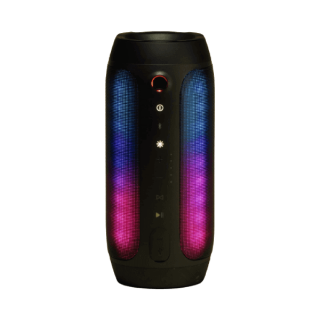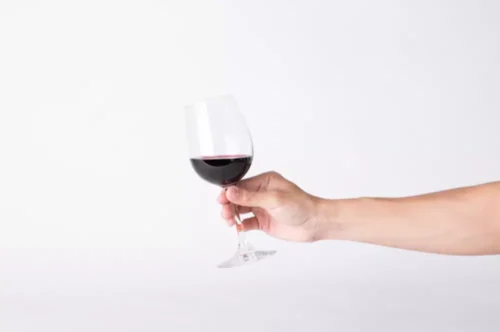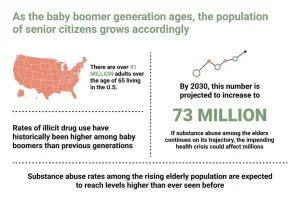دسته بندی ها
محصولات پرفروش
-
 لپ تاپ دل
تومان25.000.000
لپ تاپ دل
تومان25.000.000
-
 اسپیکر مینی
تومان699.000
اسپیکر مینی
تومان699.000
-
 اسپیکر رنگی
تومان2.000.000
اسپیکر رنگی
تومان2.000.000
-
 اسپیکر شیانومی
تومان2.100.000
اسپیکر شیانومی
تومان2.100.000
-
 اسپیکر جیبی
تومان450.000
اسپیکر جیبی
تومان450.000
تگ محصولات
گالری







In recent experiences, drug and alcohol abuse after practicing abstinence, heightens an individuals chances of overdosing. A wide array of negative emotions, such as anger, sadness, and anxiety, characterizes the emotional relapse stage of addiction https://ecosoberhouse.com/article/what-sober-networking-is-and-why-it-is-important/ relapse. These feelings can lead to impulse behaviors against the individual’s recovery plan. It is important to recognize the signs of emotional relapse early so the necessary steps can be taken to prevent a total return to addiction.
- It’s key to remember that these are not failures and shouldn’t be termed as such.
- These triggers can be difficult to recognize and can completely disrupt a recovery if they lead to relapse.
- The triggers can be broken down into several categories, including environmental, emotional, behavioral, and psychological.
- In an effort to lighten the mood, some parents turn to humor during uncomfortable conversations.
- This causes the body to experience symptoms as it did in response to the original trauma (such as the fight-or-flight response).
- They are, however, responsible for their actions, which might trigger your emotions.
The Importance of Identifying Addiction Triggers in Recovery
- Facing triggers — which can be anything that brings up thoughts, memories, or feelings that remind you of past substance use — can be some of the toughest challenges for someone in recovery.
- But recovery is a journey, and there are many other tools in treatment that can support your sobriety.
- There are many categories of addiction relapse triggers, and they fall into multiple groups.
- This includes thinking about using drugs or alcohol, fantasizing about the euphoric effects of an intoxicant, and planning how and when it could be used without getting caught.
- Resilience equips individuals with the strength to weather challenges, adapt to change, and persist in their recovery journey.
- Furthermore, these triggers act as pivotal elements in a comprehensive relapse prevention plan, elevating the individual’s ability to sustain sobriety in a fragmented, trigger-ridden environment.
Engaging in physical activity such as jogging or going for a walk can be beneficial for releasing tension and clearing the mind. For those who prefer more creative outlets, it may be helpful to take art or music therapy to express emotions without relying on substances. Beyond cravings, this can also lead to a longing for the environment or lifestyle that you left and does not provide the same recall for the reasons that you initially sought recovery. When someone else’s actions trigger your emotions, opening up may help you avoid a similar situation with them in the future. When strong emotions come up, don’t try to ignore them or fight them back.
Identify toxic relationship patterns
Psychological triggers, also known as cognitive addiction triggers, are negative thoughts and beliefs that can lead to relapse in recovery. These psychological triggers can involve anything from self-doubt and fear of failure to feelings of worthlessness or shame. Psychological triggers often go hand-in-hand with emotional triggers as they stem from the exact root cause – unresolved trauma or stress. Reminiscing about or dwelling on memories of past substance abuse is one of the brightest red flags in terms of triggers and relapse. If you find yourself stuck thinking about drugs or alcohol, it’s time to get your support system involved. Talk to a counselor, supportive friend or your sponsor to help remind you why you’ve chosen recovery.
Coping with triggers

Other people may use drugs when they feel angry, lonely, depressed, sad, or bored – but any feeling can become an internal trigger. The cumulative impact of living with these annoyances may be small and acceptable, or large and intolerable, depending on your personality and individual pet peeves. For some people, being with someone who flour-bombs the kitchen because they like making bread is a nightmare. For some, internal and external triggers being emotionally shut out for even a short time triggers panic and distress, while others can patiently do their own thing while a partner works through their feelings. The raw emotions that become triggered by rudeness can narrow your focus and make it difficult to think of anything other than the horribleness of the situation. But now we know that you don’t have to remain trapped in those negative emotions.
All Programs

Building Resilience for Relapse Prevention
People also viewed

 اسپیکر
اسپیکر حراجی
حراجی لپ تاپ
لپ تاپ هدفون
هدفون



دیدگاهتان را بنویسید